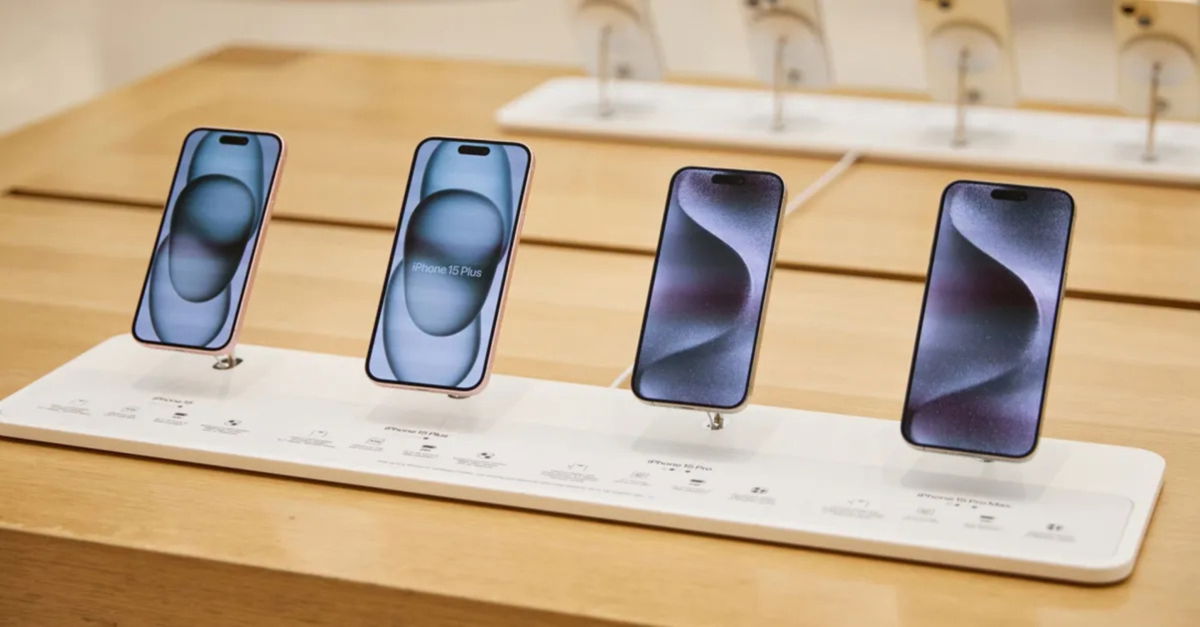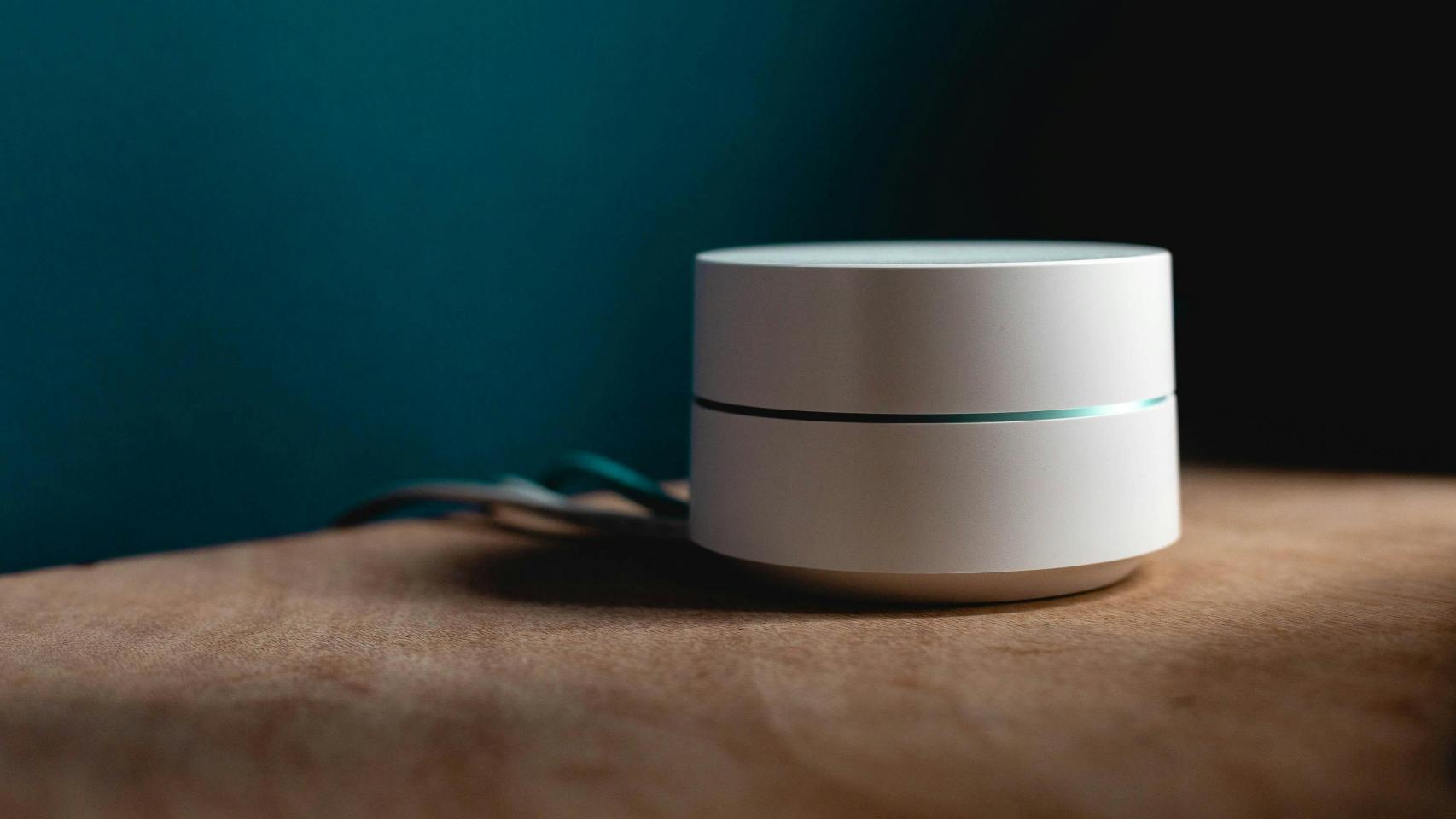Privacy is a key word at Apple, and the company strives with each update to protect its users. However this does not mean that the company does not collect data from its users, although their treatment is diametrically opposed to that of other companies.

Unlike what happens with companies like Google or Facebook, whose main way to make money is targeted advertising, for which they have to create profiles of their users with their data and then sell them to third parties, the data collected by Apple is not a source of profit Of course, advertising is not the business of the company.
How Apple processes your data depends on the application or service. There is data that Apple doesn’t interact with at all, other times it only provides device-based results, without having access to that data centrally, and other times Apple openly admits. that it uses this data and we allows you to deactivate its use.
Therefore, as depending on the application or service, the use and processing of your data by Apple changes, we analyze what the company collects of the block in each application or service.
App Store and other stores
Apple perfectly details what the App Store, iTunes Store, and the rest of the stores collect and do with our data. Apple uses data from your downloads, purchases, searches and your account to show you App Store ads and recommendations. Data such as your IP or Apple ID can also be used to improve these applications.
Apple’s advertising platform is designed to protect your information and allow you to control how we use it. Our advertising platform does not share any information that can identify you personally with third parties.
Yes, Apple does share this data with partners in order for the advertising that appears in the App Store to be effective, however, this allows us to opt out of these personalized advertisements at any time by continuing to enter Settings> Privacy> Apple Advertising> Personalized Ads.
Clicking on View ad targeting information, you can display information about yourself that can be used to serve you advertisements through Apple’s advertising platform.

Plans
The Maps app is “designed to protect your information and let you choose what you want to share.” Apple tells us that they only collect the data necessary to improve the experience, and they list the data they collect for us. Eos yes, the data it collects is not associated with your Apple ID, otherwise with randomly generated identifiers.
When you use the Maps app, this is the information that is sent to Apple:
- A session ID that is generated on the device and changes several times every hour
- Ask the time
- Device model and software version
- Input language
- Device location, if you have allowed Maps to access your location
- Limits of the map area visible on your device
- Interactions with Maps, including search terms used and places you visited
- Origin and current location of the device, if you’ve given Maps permission to access your location
- Destination
- Mode of transport, including vehicle make and model if you have a CarPlay connection
- A random identifier, which is created when requesting instructions and remains active during the browsing session

The identifiers are used to analyze the performance of the application and the aggregated metrics of its use. These identifiers do not relate to information that can identify you, such as your exact location or searches in Maps. Apple is very clear on this point: “We do not collect or store personal information related to your use of Maps.
Location
Your location, if activated, not shared with Apple or third parties. All information collected about your location stays inside the device and is intended to display personalized information, such as forecasting traffic along a route you take regularly or providing photo memories. This information only leaves your device with other devices associated with your Apple ID in an encrypted form.
You might not know it, but your iPhone or iPad locates the places you visit that it deems “important” based on an Apple algorithm and stores them on your device. Although Apple cannot access them, you can remove them from Settings> Privacy> Location> System services> Important locations, you can also deactivate them.
Apple Pay
Apple Pay is extremely secure with your data, Apple does not keep track of your transactions and creates a unique payment ID for each purchase, your credit or debit card number is not provided when using Apple Pay. In fact, if you look at the purchase receipt, a card number different from yours will appear.
Wallet and Apple Pay help hide your purchases
Apple only reports that certain data such as location, card number, and device settings can be sent to Apple and card issuers. to validate this card in Apple Pay when you add it, nothing else.

Health
The application Health is one of the safest and most private of those you have on your iPhone. Health data is stored on the device and encrypted. And although you can back up this data using iCloud or your computer, you cannot sync health data between devices.
messages
Apple cannot intercept or read iMessages that you send to other people, and the messages, photos, Animoji, and videos you send are end-to-end encrypted between the two devices.
Your messages remain between you and the recipient. iMessage is designed to use end-to-end encryption, so Apple cannot decrypt the content of your conversations.
The only saved Messages usage data remains in the device, and Apple only reports you can keep undeliverable iMessages for up to 30 days
Pictures
The photos are loaded with artificial intelligence that creates memories and automatically shows us recommendations. But all this process is carried out in the device itself, without needing to send data to Apple’s servers.
Photos does not reveal your images to anyone else
In other words, your images are not shared with Apple or third parties. Apple devices They are designed so that no one can access your photos or videos until you decide to share them.

Siri
One of the few privacy scandals that rocked Apple was related to Siri and the possibility that third-party companies could analyze fragments of our requests to the assistant.
We’ve designed Siri to learn as much as possible offline, right on your device.
To keep Siri private, Apple says any search or request you make is not associated with your Apple ID, is associated with a random ID, so no one can know what you asked Siri.
Apple reports that it stores the audio and transcripts of your interactions with Siri and Dictation for review by Apple employees in order to develop and improve Siri and Dictation, you can turn it off from Settings> Privacy> Analytics and improvements> Improve Siri and Dictation.
This is all the data that Apple collects from its users. As we can see, most of the shared data are associated with random IDs, not our Apple account, so that no one can know to whom they belong. Plus, almost all of this data is for improving Apple’s own devices or apps, and you can prevent it from being shared from Settings.
Table of Contents








